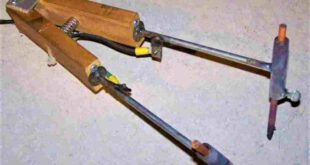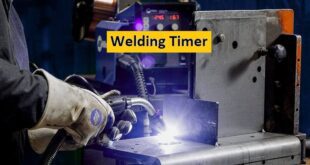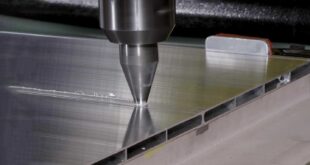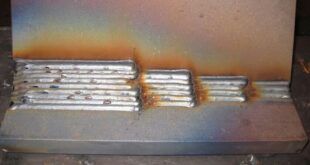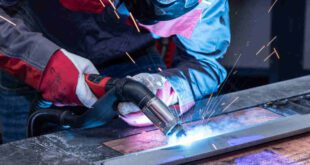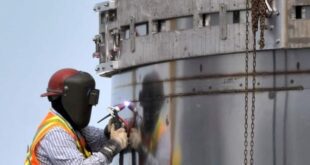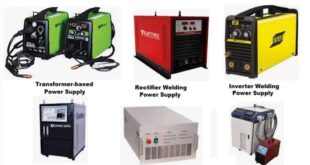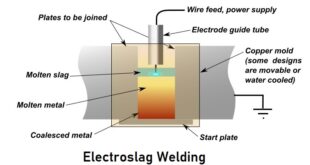Twin Carbon Arc Welding: Unleashing Precision and Power Introduction Welcome to the realm of Twin Carbon Arc Welding, a revolutionary welding technique that has taken the metalworking industry by storm. In this article, we will delve into the intricate details of Twin Carbon Arc Welding, exploring its features, applications, advantages, …
Read More »What is Welding Timer?
What is Welding Timer? Introduction Welding is a fundamental process used across various industries, from manufacturing to construction, to join metals and materials. Ensuring high-quality welds while maximizing productivity is crucial in these fields. One indispensable tool that contributes significantly to achieving this balance is the welding timer. In this …
Read More »Thermo-mechanically Affected Zone in Friction Stir Welding
Thermo-mechanically Affected Zone in Friction Stir Welding Introduction Friction Stir Welding (FSW) is a revolutionary solid-state joining process that has gained immense popularity in various industries due to its advantages over conventional welding methods. However, during the FSW process, a unique zone called the Thermo-mechanically Affected Zone (TMAZ) is formed. …
Read More »What is a Fillet Weld?
What is a Fillet Weld? Introduction Definition of Fillet Weld A fillet weld is a type of weld commonly used in joining two pieces of metal, typically at right angles, in a lap joint or a T-joint configuration. It is a weld that is triangular in cross-section and has a …
Read More »MAG Welding
Metal Active Gas Welding – MAG Welding Introduction to MAG Welding Metal Active Gas (MAG) welding, commonly known as MIG (Metal Inert Gas) welding, is a versatile and widely used welding process in various industries. This article provides a comprehensive guide to understanding and mastering the MAG welding technique. Developed …
Read More »Hybrid Welding Processes
Hybrid Welding Processes Introduction Hybrid welding processes involve the combination of two or more different welding techniques to leverage their respective advantages and achieve improved weld quality, productivity, and efficiency. These processes integrate different welding methods, such as arc welding (e.g., GMAW, SMAW) and other techniques like laser welding or …
Read More »What is CMT Welding?
What is CMT Welding? Introduction Overview of welding as a vital manufacturing process: Welding is a fundamental process in the manufacturing industry that involves joining two or more metal pieces together to create a strong and durable bond. It plays a crucial role in various sectors, including automotive, aerospace, construction, …
Read More »Types of Welding Power Supplies
Types of Welding Power Supplies Introduction Welding power supplies are essential components in various welding processes. They play a crucial role in providing the necessary electrical energy and control parameters to create and sustain the welding arc. The proper selection and utilization of welding power supplies are vital for achieving …
Read More »What is Electroslag Welding?
What is Electroslag Welding? Introduction Electroslag welding is a specialized welding process that offers numerous advantages in specific applications. In this comprehensive guide, we will delve into the intricacies of electroslag welding, exploring its definition, process, applications, benefits, limitations, and more. Whether you are a welding enthusiast, a professional welder, …
Read More »Welding Techniques for Steel
Welding Techniques for Steel Mastering the Art of Metal Fusion Introduction In the world of construction and manufacturing, steel is an invaluable material known for its strength and durability. To harness the full potential of steel, it is essential to understand and master the art of welding. Welding techniques for …
Read More » Welding of Welders All about Welding and Welders
Welding of Welders All about Welding and Welders
